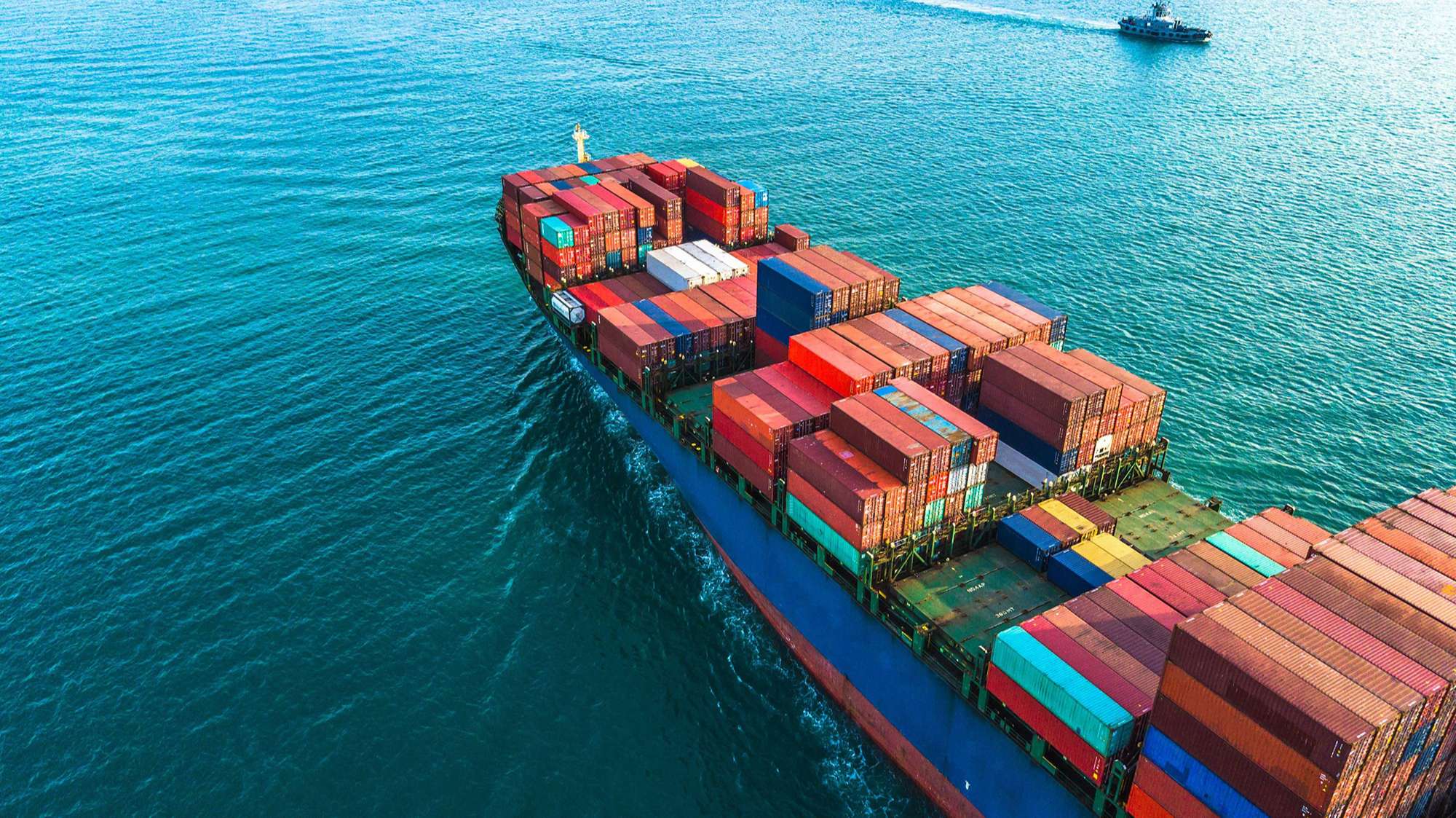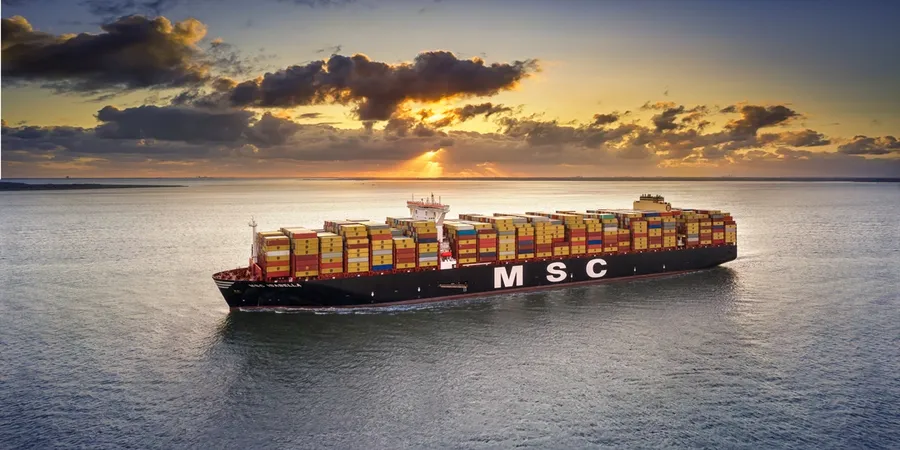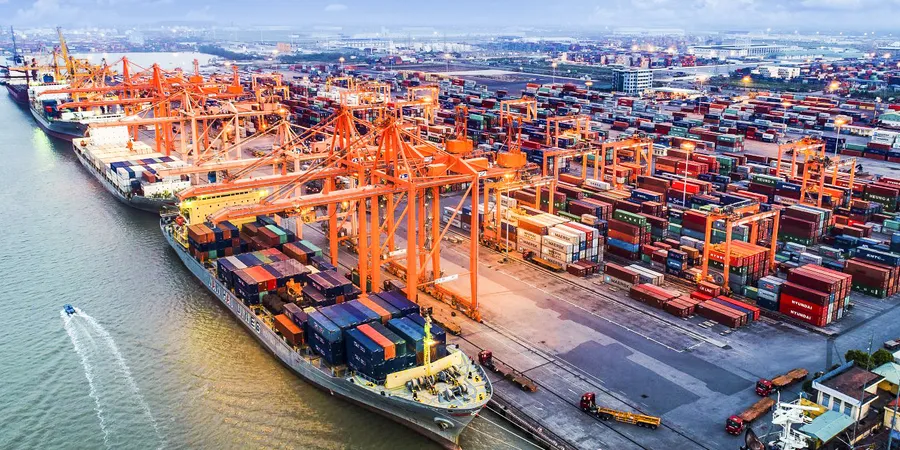Chittagong - Thailand direct shipping could save costs and time
Launching a direct shipping service between Bangladesh’s Chittagong Port and Thailand’s Ranong Port has received a fresh push as trade between the two countries is growing.
The total export-import trade between Bangladesh and Thailand reached nearly US$1.3 billion which are now being transported through Malaysian and Singaporean ports. In this bilateral trade, Thailand’s share is over US$1.2 billion.
Thailand mainly exports cement, cereals, plastics, man-made staple fibers, sugar and sugar confectionary, machinery and mechanical appliances, cotton and cotton fabrics, salt, sulphur, earth, stone, and mineral fuels, among others.
On the other hand, Bangladesh exports apparel, vegetable, textile fibers, articles of apparel, products of animal origin, electrical and electronic equipment, frozen fish and crustaceans, among others.
The two countries are also in discussion to sign a free trade agreement to further enhance trade and investment.
Newly appointed ambassador of Thailand to Bangladesh, Makawadee Sumitmor thus is pushing to sign a Memorandum of Understanding to immediately launch a direct shipping service to minimise time consumption and cut costs in transportation of goods.
At a meeting with the officials of the Chittagong Chambers of Commerce and Industry (CCCI) on 29 September, the ambassador said they are waiting to sign the MoU on direct shipping service to facilitate and further boost bilateral trade.
CCCI president, Mahbubul Alam noted that presently 12 to 15 days are needed to send cargoes from Chittagong to Thailand which can be lowered to only four days with a direct shipping service.
He added that the transportation cost will also be halved as vessels will have to spend one-third of the current time requirement.
“We are hopeful that the memorandum of understanding will be signed within the next two months,” he said.
Additionally, Alam explained that instead of going through the rough sea, the direct vessels will ply through coastal routes, thus even small vessels will be able to transport cargoes to Ranong Port, the closest Thai port to Chittagong.
Source: Container News





